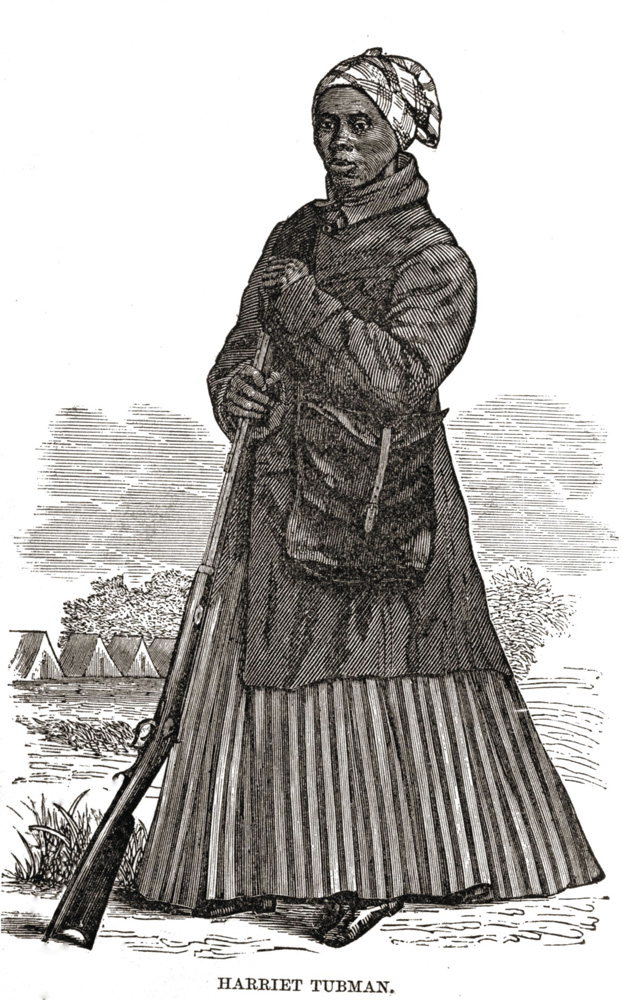Francisco Olvera
Staff Writer
Recently, the U.S. Department of the Treasury announced several changes to American currency. The five-dollar bill will now have, on its backside, images containing Martin Luther King Jr., Marian Anderson, and Eleanor Roosevelt. It will keep Abraham Lincoln’s portrait in the front.
On the backside of the ten-dollar bill, images of Lucretia Mott, Sojourner Truth, Susan B. Anthony, Elizabeth Cady Stanton and Alice Paul will appear, honoring the women’s suffrage movement. As for the front of this bill, Alexander Hamilton will remain.
But perhaps the most significant change will be on the twenty-dollar bill. The front of the bill will now feature Harriet Tubman, a black female leader in the abolitionist movement. And where will Andrew Jackson go? He will remain on the bill, just on the backside.
The Treasury Department states that these new changes fit with their “theme of democracy” and also that “America’s currency is a statement about who we are as a nation. Our modern money honors our history and celebrates our values.”
This wish and push to diversify American currency is important, and, for all means and purposes, well-intentioned. For a long time people have wanted women and people of color featured on American currency. This change represents the growing validation of their importance in the history of the United States, whereas before they were hidden under a rock of negligence.
However, the irony of this change is almost impossible to miss.
No one denies capitalism’s significance in global history. For better or for worse, it is capitalism that gives me the ability to write this piece in a well-lit, air-conditioned building on my MacBook Pro. Money, the tool we use to exchange commodities, is the prime symbol of capitalism. And for this paper’s purpose, it is American capitalism, specifically, that for a long time ran on the free labor of black slaves.
Free labor that not only built a country but also one that decimated a people. Slavery was a vile institution, psychologically and physically, for all (poor whites included), with consequences that still plague black Americans today. However, it was black female slaves who suffered the most at times. They were often raped by their white slave owners and had their children sold for further monetary gains. To have Harriet Tubman, a figure whose very being was exploited for monetary gains, on the symbol of capitalism, is a paradox like no other.
Will having her portrait on this symbol honor her history and honor American values? Perhaps. I cannot answer that, just like I can’t answer whether or not she herself would be okay with this change, and I’m not going to, nor do I wish to, speculate about a dead woman’s perspective.
What I can point at is the irony of this change, and irony some dismiss and some acknowledge. Or, if you’re Donald Trump, an irony you do not only dismiss but also blame on “political correctness,” a term so often flung around these days as an excuse to be disrespectful that it hurts my head to just think about it.
While we cannot change the fact that capitalism, in its early stages — and to some degree still today — fed off the blood and sweat of human beings through brutal and unfair practices, it does not mean we cannot be grateful to those whose lives were lost in struggle for us to be where we are today. That’s what’s important with this change. This is something the American Government will never acknowledge, not even under a black President.
As for the fact that Andrew Jackson will remain on the bill with Harriet Tubman, Bill Maher, a comedian and late night show host, offers an analogy he wrote on Facebook that speaks for itself: “So, slave on the front, slave owner Andrew Jackson on the back? It’s like Hitler and Anne Frank sharing the nickel.”
Now, with all of this said, is it ethically wrong to have Harriet Tubman on the twenty-dollar bill despite the obvious paradox? It depends on whom you ask. Personally, I just want people to acknowledge the irony of this change. If this new move is “about who we are as a nation” then I sure hope we, as a nation, appreciate irony. And I’m sure we do. This is America, after all.











